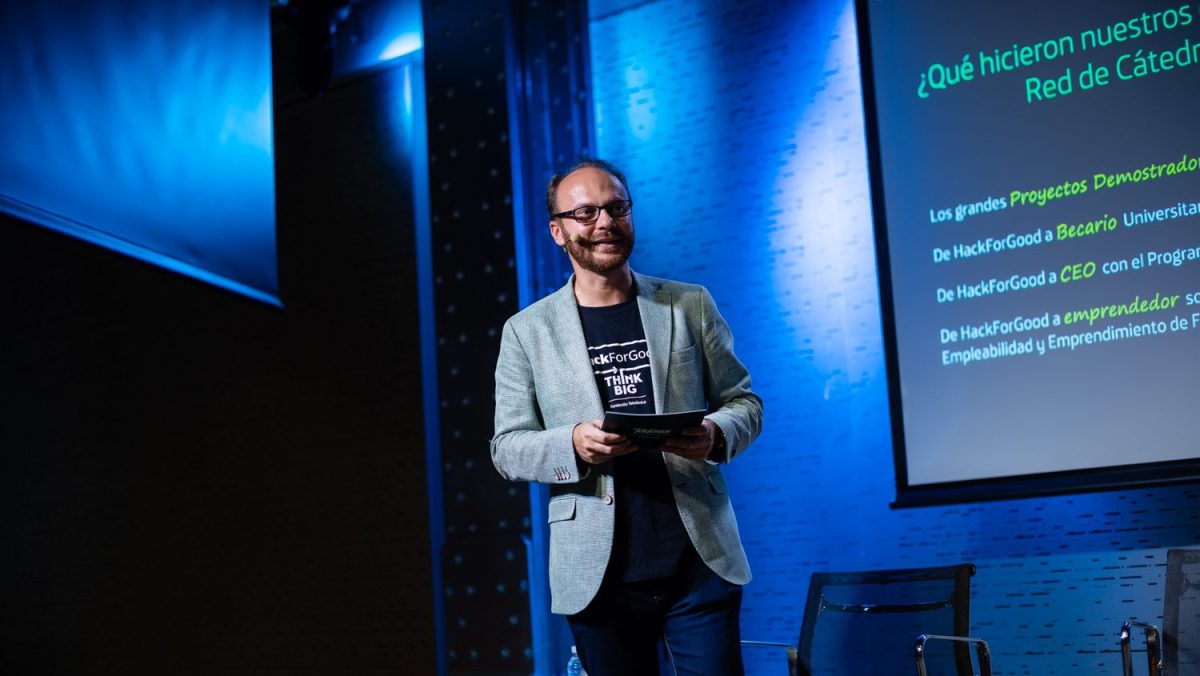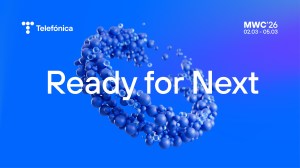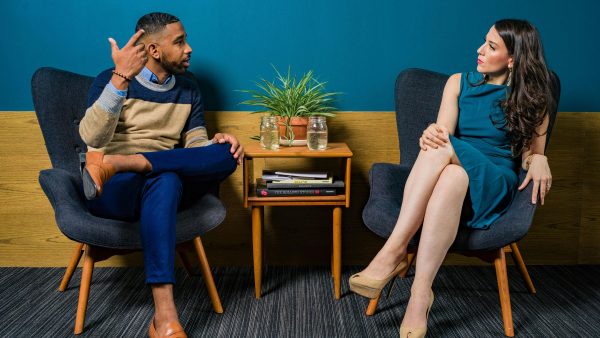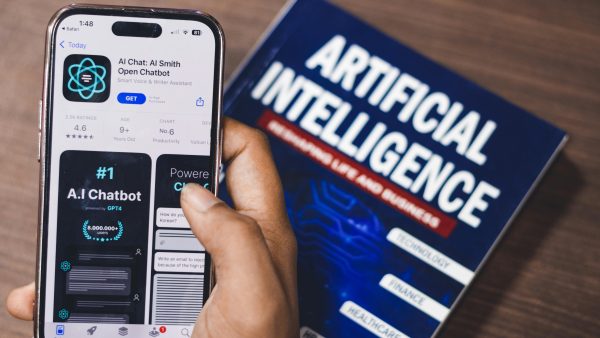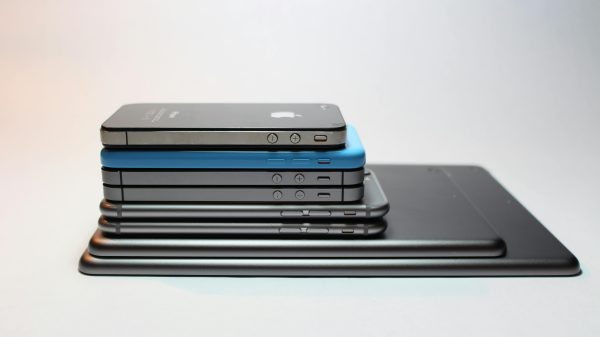My start of the day
An early riser and a night owl due to reading or a good film, I always wake up cheerful and active. This is much appreciated by my friend the alarm clock, most of the time helped by her friend the radio, but I’d better not confess the programmes I usually listen to (this is a RGPD thing). Afterwards, shower, breakfast, traffic and more traffic because I’m in Madrid, and landing in Distrito Telefónica without the help of any of the drones that fly over our offices, although who knows … maybe one day they will be the solution to traffic, and here, nobody beats us at innovators, so wait and see.
I am usually one of the first to arrive because, when I was a child, I used to listen to my grandmother who used to tell me: ‘the early bird catches the worm’. And that seems to be the case: I ‘dispatch’ the first emails on simpler matters, leaving the rest of the day for the more complex issues and meetings. This gives me the opportunity to introduce you to one of my main working tools in the following question …
My working tools
Without a doubt, Outlook, with its calendar full of ‘life and activity’, and a Teams that makes you accessible to all colleagues to be more agile, as well as to our external interlocutors, which in my case are many and diverse. Also to organise those meetings that keep ‘jumping’ throughout the day and for which you often have barely had time to prepare as you would have liked. And many more tools that make our lives easier and ‘agile’, especially the smartphone (mobile phone), from which it is impossible to separate yourself when you are working.
As I am somewhat traditional and tidy since EGB (I come from that era), I am always accompanied by my notebook, free from cyber-attacks and the best complement for a memory inversely proportional to age. The subjects we work on are many and varied, as are the people we collaborate with, and this requires this double support.
My best moment of the day
I think the best moment is when you can take a short break and share a few minutes of conversation with your closest colleagues. These ‘micro-moments’ do not have to be outside the work environment, but within the ‘perimeter’. They humanise our daily lives, they often inspire and help us, sometimes they make us laugh, and therefore they are very much in line with Telefónica’s ‘mission’: ‘to make our world more human by connecting people’s lives’ … and that’s what we do, starting with ourselves.
My tips for getting organised
As the word ‘decalogue’ has not gone out of fashion, I’m going to try to do it in this style:
- Distinguish the important from the unimportant, the urgent from the non-urgent.
- Adjust your time in the short term and organise it in advance in the long term.
- Anything you can solve with a phone call or Teams, do it before writing.
- For meetings, the rule of three: no more than three people, three points and thirty minutes (from Steve Jobs).
- More people and meeting minutes lead to digression, not resolution.
- Always write down the names of the people you meet, because they are all important (Enrique Rojas’ advice).
- Take a break and put some humour into it (in honour of my colleague Sergio de La Calle).
- Don’t hold meetings after 17:00 or on Fridays (says Chema Alonso).
- Work as a team with co-responsibility: the results will be better.
- Take advantage of teleworking to bring up issues that require greater concentration and writing.
Finally, two pieces of advice: digital disconnection and WhatsApp only for family and friends.
